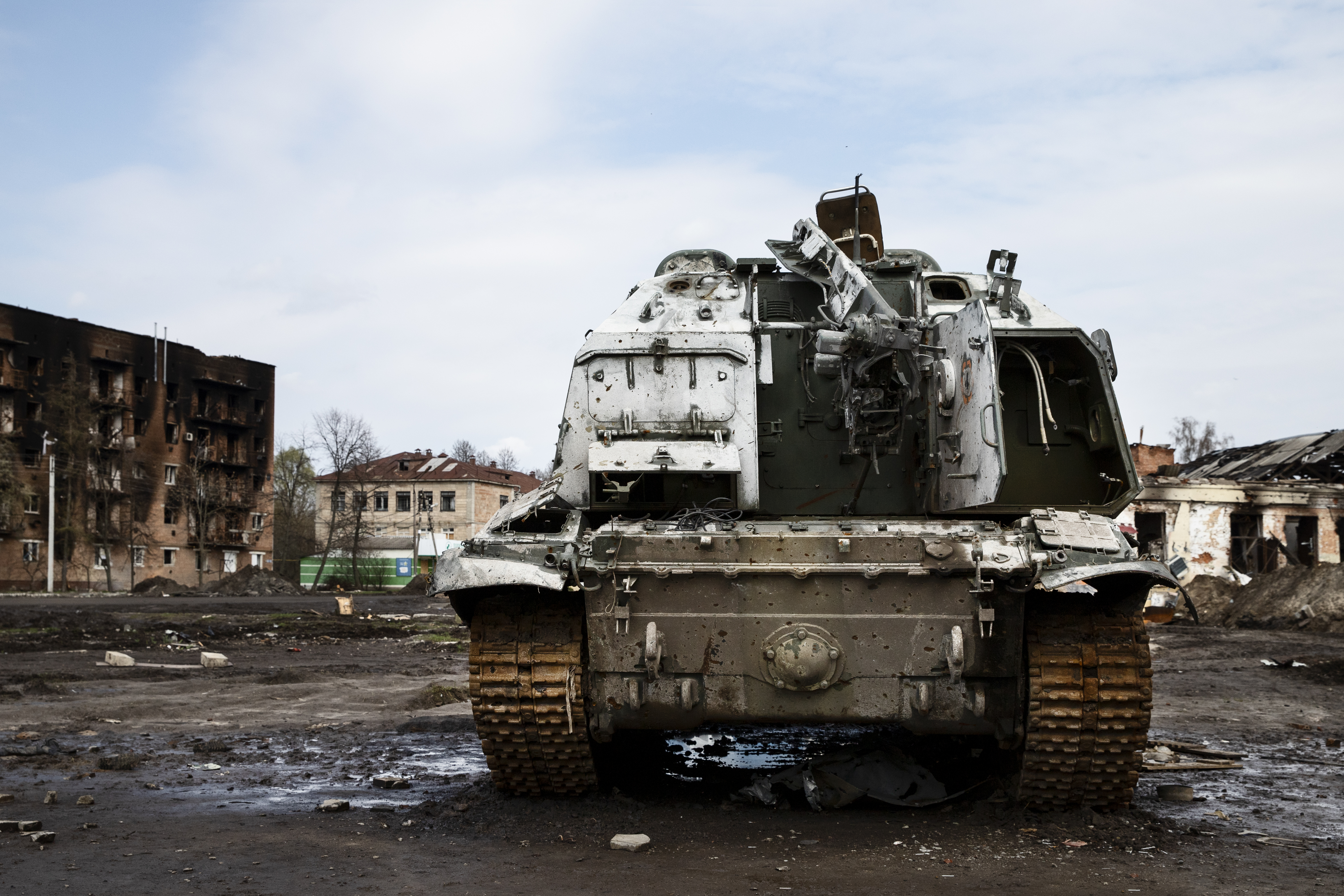These are the results of a study carried out by a team of researchers from the University of Münster. The study was based on 45,000 individual surveys from 17 European countries, with over 50 researchers involved. The results of the study have been published in Nature Communications under the title “Psychological well-being in Europe after the outbreak of war in Ukraine.”
Other key findings included:
- In the period surveyed, people in Europe had a significantly lower sense of well-being than those in the rest of the world.
- A deterioration in the average level of mental health was observed on days on which the war had a particularly strong presence on social media.
Amir Afkhami is available to comment on this research. He holds a joint appointment in the department of psychiatry and behavioral sciences at the George Washington University School of Medicine and Health Sciences where he currently serves as the vice chair for clinical affairs and the director of medical student education. He holds a secondary appointment with the George Washington University Milken Institute School of Public Health. An expert in psychiatry and the history of disease and medicine, much of Afkhami's current work focuses on psychiatric services and education, behavioral health policy, and the mental health consequences of conflict.
If you would like to schedule an interview, please contact Katelyn Deckelbaum, katelyn [dot] deckelbaum gwu [dot] edu (katelyn[dot]deckelbaum[at]gwu[dot]edu).
gwu [dot] edu (katelyn[dot]deckelbaum[at]gwu[dot]edu).
-GW-


